Graham Reid | | 6 min read
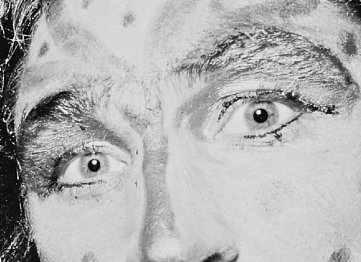
In a casual and free-ranging conversation recently about his two most recent albums now out on vinyl, the prolific Graeme Jefferies acknowledged again that he is barely known in his own country (“I've never once been interviewed on New Zealand television”) but that he blamed himself for that.
He says he hasn't promoted himself in any meaningful way and has been content to keep up the contacts and modest sales in Europe (where he lived for a period) and just go his own quiet way.
"I have had video clips on [New Zealand television] but having been interviewed by German, Dutch, American and Belgian TV and not by New Zealand TV at all does seem a bit of a poke in the eye for no reason. I guess the reason is I am not part of the old boys network here, and I don't have too many issues about that either."
One of the last of the true independents of his Eighties generation, Jefferies – formerly of This Kind of Punishment, who has long released as the Cakekitchen – also admits he actually enjoyed lockdown.
Like many creative people he found the lack of intrusions from others, the inward-looking nature of the times and the days of splendid isolation allowed him to work in his own lo-fi way.
Hence two vinyl albums now released under his own name, Hog Porridge and Heffalumping recorded in 2022 and released on bandcamp digitally at the time, and now Canary in a Coalmine (also on bandcamp).
And look out for the vinyl copy of I'm Not Listening to Your Station which appeared on bandcamp earlier this year.
Deep breath and here we go . . .
.
HOG PORRIDGE AND HEFFALUMPING
One of the preconceptions about Jefferies – based on his distant past and album titles and covers which look confrontational – is that he delivers sonic intensity and vocal fury.
This is the album to turn those prejudices around.
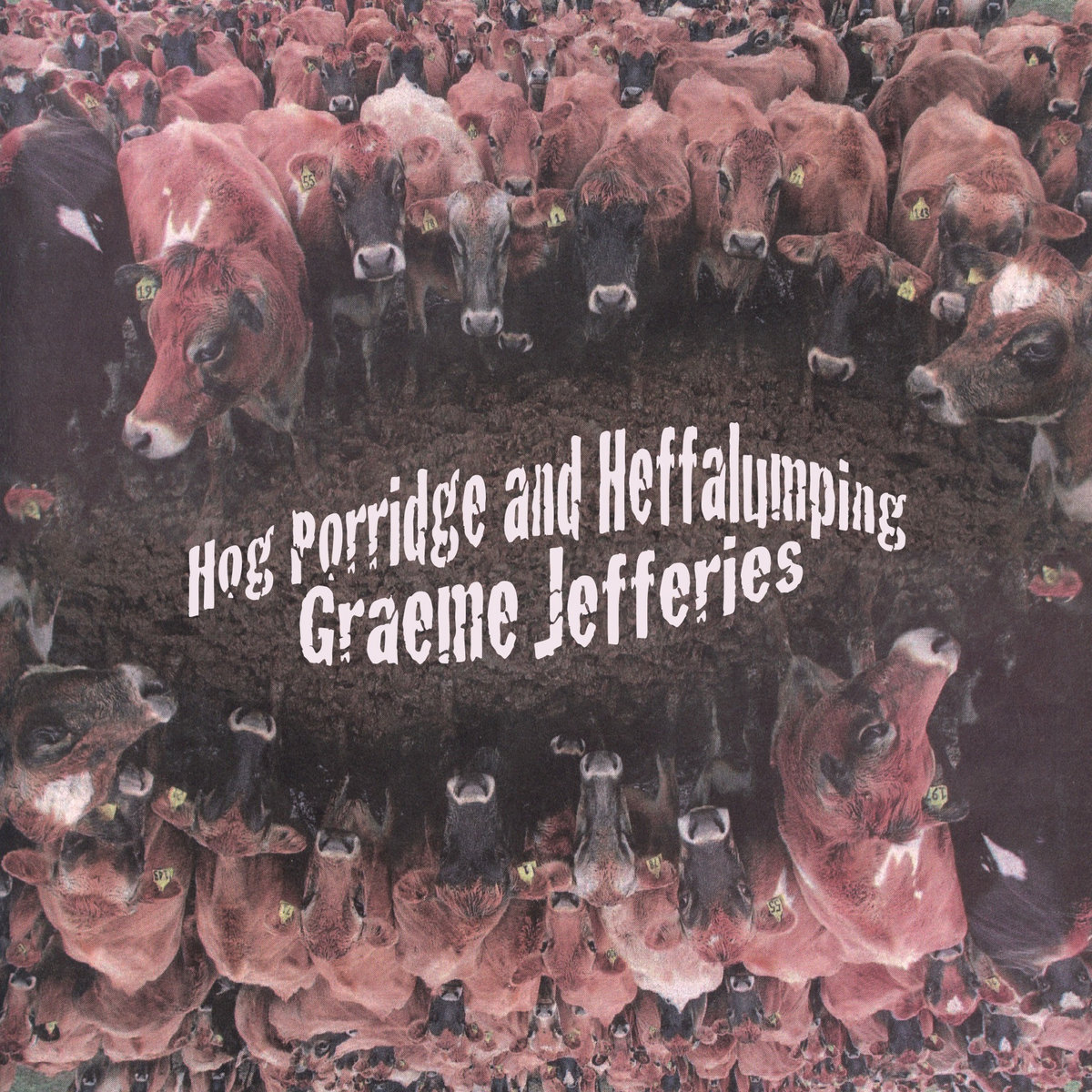 It opens with the folk-framed pop of Ukrainian Victory Salute * (“please help us back on our feet, we're huddled in the bunkers of our burned out streets”) and seems to discreetly reference Tom Petty's I Won't Back Down (although he insists he has never heard it, gave up on Petty after the second album).
It opens with the folk-framed pop of Ukrainian Victory Salute * (“please help us back on our feet, we're huddled in the bunkers of our burned out streets”) and seems to discreetly reference Tom Petty's I Won't Back Down (although he insists he has never heard it, gave up on Petty after the second album).
Thereafter is the title track -- a gentle and reflective piano instrumental -- and the chipper acoustic pop of Right Foot Down (think Violent Femmes) which carries a loaded lyric about frustrations at work (“[the boss] says I'm riding on thin ice and I'm lazy . . . I'm putting my right foot down”).
It concludes with “pay day, they gave me my notice today, they said I'm too much of a fruit cake, I'm driving them crazy . . . ”.
Throughout the 10 songs Jefferies shifts between the personal (Inia's Birthday, Tunnel Vision, Big Black Cloud), the obliquely philosophical (the metaphorical A Hedgehog in the Zoo) and the musically quirky but pointed I Don't Want to Die of a Manmade Disease: “Did we really get this far just to crash the car on Mars?”
Doctor McBride is like a much darker version of the Beatles' acid-dropping Doctor Robert: “He's got the potions that can take your pain away, a friend in whom you can confide . . . Doctor McBride, they put him inside”.
So there is bitter and disconcerting wit here as he deals with close-to-home relationship issues and the chaos of the wider world. But these are all wrapped in interesting arrangements (his sui generis double-tracked vocals, the crashes of percussion in Inia's Birthday, animal noises on Big Black Cloud) and Jefferies' ear remains attuned to elements of traditional pop (Rock and a Hard Place).
If the herd of mute cattle standing in mud on the cover puts you off, then just avert your eyes and bend your ear towards this typically idiosyncratic collection where Jefferies plays every instrument.
* Re this song, Jefferies says, "My partner for the last 14 years is from Crimea. Her brother still lives there but over half of her other relatives live in Kiev. Friends, family pets, basements full of whole houses full of stuff have been lost or destroyed.
"I wanted to write a song from not from the sidelines but from the I am a Ukrainian point of view and this is how I feel. I hope that they can find a use for it.
"We have translated it into both Ukrainian and Russian as both these languages are used in the Ukraine. Until the war it wasn't an issue. We managed to sell her apartment in Crimea after the annexation but before the war. It was a very difficult thing to do.
"All of the documents had to be translated and officially verified into Russian from Ukrainian. It took a long time to do. The deal was also problematic in that it had to be secured in US dollars. So the cash had to carried by person helping with the sale in the briefcase from Crimea to Russia and deposited in bank in Russia.
"It was enough money to be killed for. We had to put on some fairly hefty shoulder pads and lose a small percentage of our feathers to guarantee the safety of the transaction. It wasn't a simple thing to achieve.
"Quite a few pot holes to steer clear of. But amazingly enough we managed to pull it off.
"The guy who paid for me to produce an album in Moscow in 2010 and who organised my shows in Moscow and St Petersburg was in a relationship with a property lawyer and this was how we jumped through all the hoops.
"It's lucky we sold it before the war or we would never be able to sell it now.
"All of these reasons and back story are behind my actions to self-fund and self-release Hog Porridge and Heffalumping.
"Now that I have the vinyl run in my house I will try and send some copies directly to Zelensky himself. Least I can do really.
"I feel really strongly that this war is totally wrong and as a writer doing this song and putting it out myself is a stand I want to take. It's that important to me."
.
You can hear and buy the Hog Porridge album at bandcamp here. Article continues below the clip
.
.
CANARY IN A COALMINE
Equally restrained is this collection which opens with a piano ballad reflecting on the deserted streets and the closed city, "I wish we could turn back the clock like it's 1978, but the future is here and the future looks strange. And look at the rain”.
It beautifully encapsulates that sense of emotional dislocation and isolation when our world shrank to the size of our living spaces.
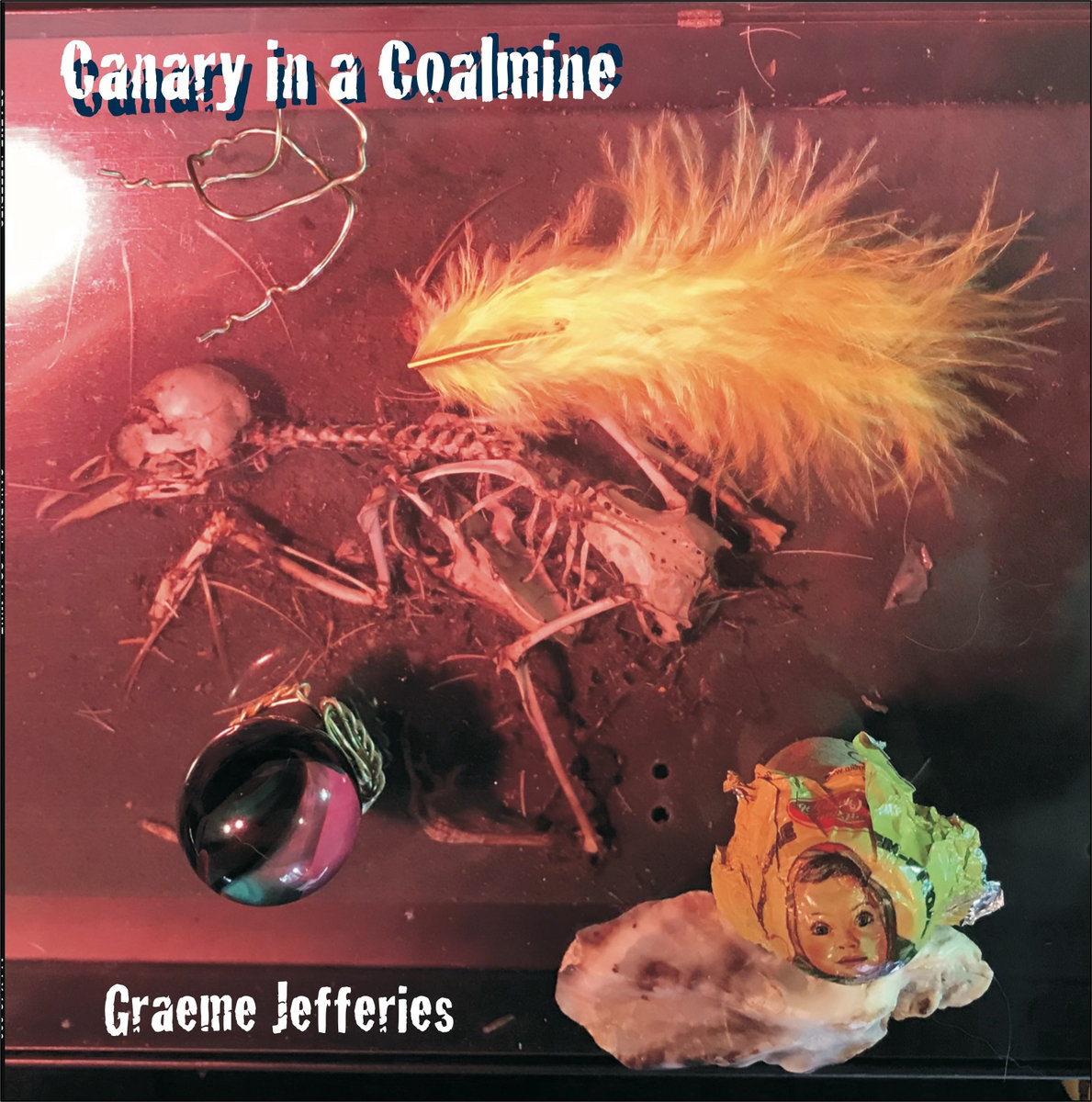 He also explores it on Where Can We Run to Now?
He also explores it on Where Can We Run to Now?
Elsewhere though Jefferies becomes more whimsical with the rhythmic and lyrical repetition of the penetrating simplicity on Where Did We All Go Wrong? (“I thought that we had it made . . . every day you die just a little bit walking through the door”).
As before there seems to be a separation analysed on Cracks in Our Clay and “I don't want to be the canary in your coalmine, the one who's left behind” on the title track.
He co-opts the title of the 10cc song The Things We Do For Love ("a song I had heard but had forgotten during the dusts of time," he says later) for the aching realisations: “it's like a loaded gun that you don't need to aim, no matter where you hide it gets you just the same”.
Again folk – of the Sixties kind – is at the core of some arrangements: I Want to Know What the West Wind Knows, that somewhat disturbing title track, the vaguely optimistic Brand New Start with a self-belief despite the vicissitudes of the times . . .
Once again a kind of bleak humour and dark delight emerges on The Love of a Ginger Cat which comes off like a damaged nursery rhyme.
Given their conception and the times which nudged their creation, these two albums are companion albums with very little daylight between to separate them.
You deserve to hear both from a creative and productive musician you won't see on television.
.
You can hear and buy the Canary album at bandcamp here from August 11.
.
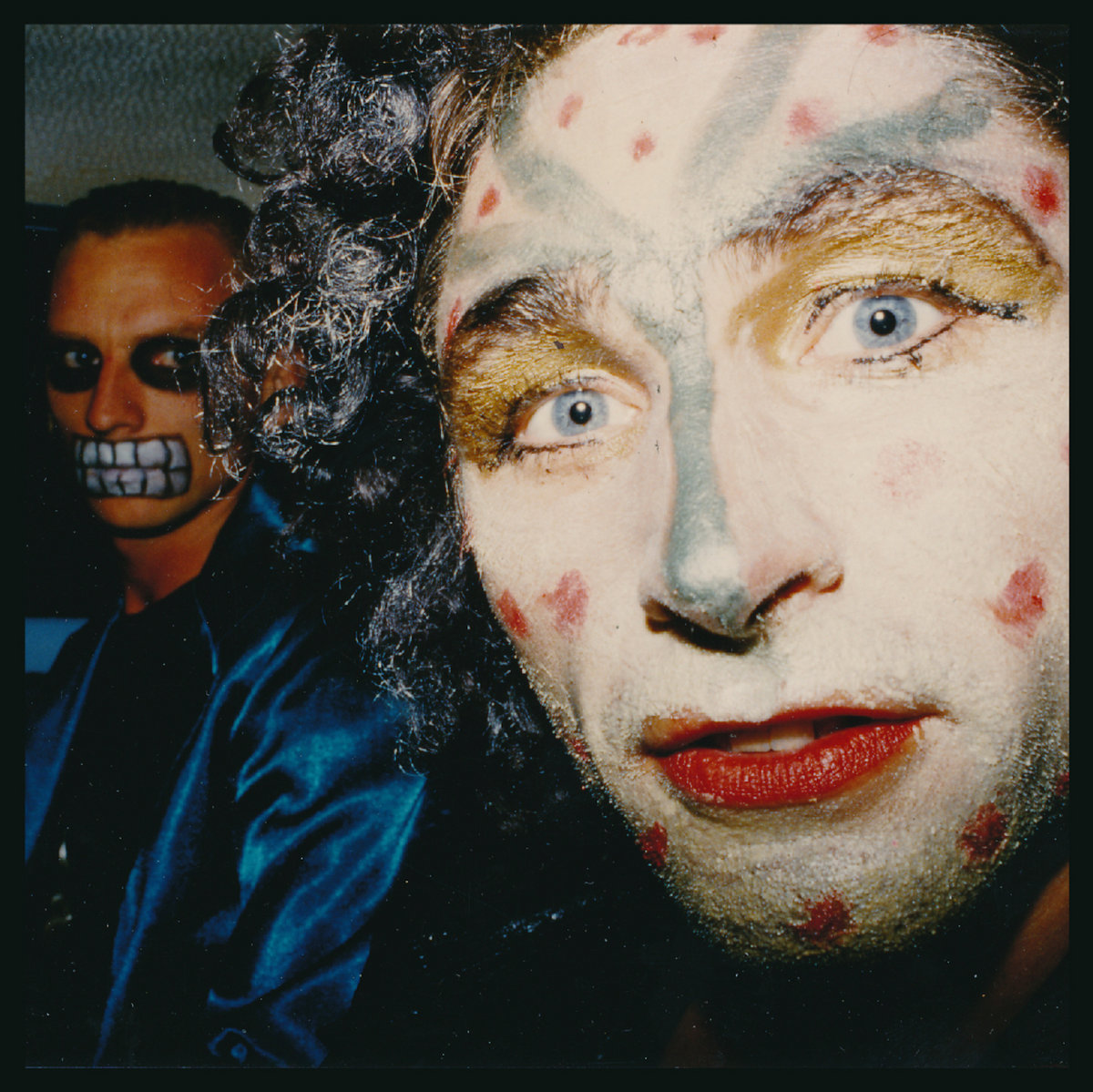 When we get the chance we'll look at I'm Not Listening to Your Station (on bandcamp here) due on vinyl shortly.
When we get the chance we'll look at I'm Not Listening to Your Station (on bandcamp here) due on vinyl shortly.
.
Meantime though Graeme Jefferies has given us a lot to to think about and listen to.
.
There is much more about Graeme Jefferies' previous albums at Elsewhere starting here.

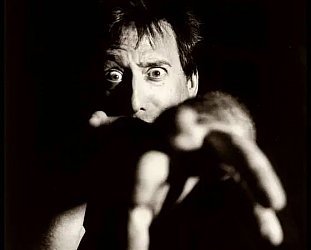
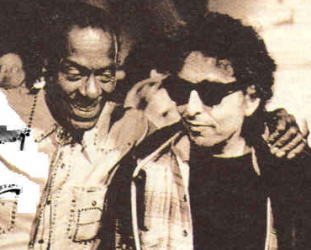

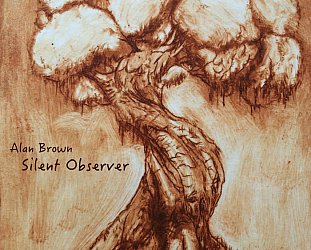
post a comment